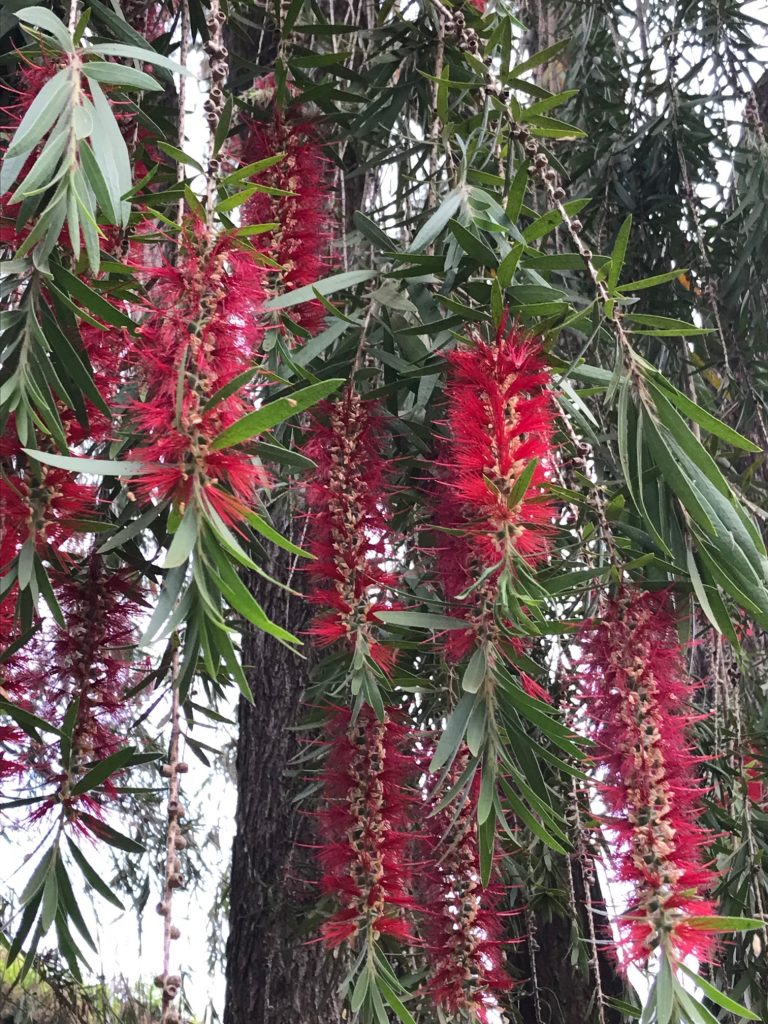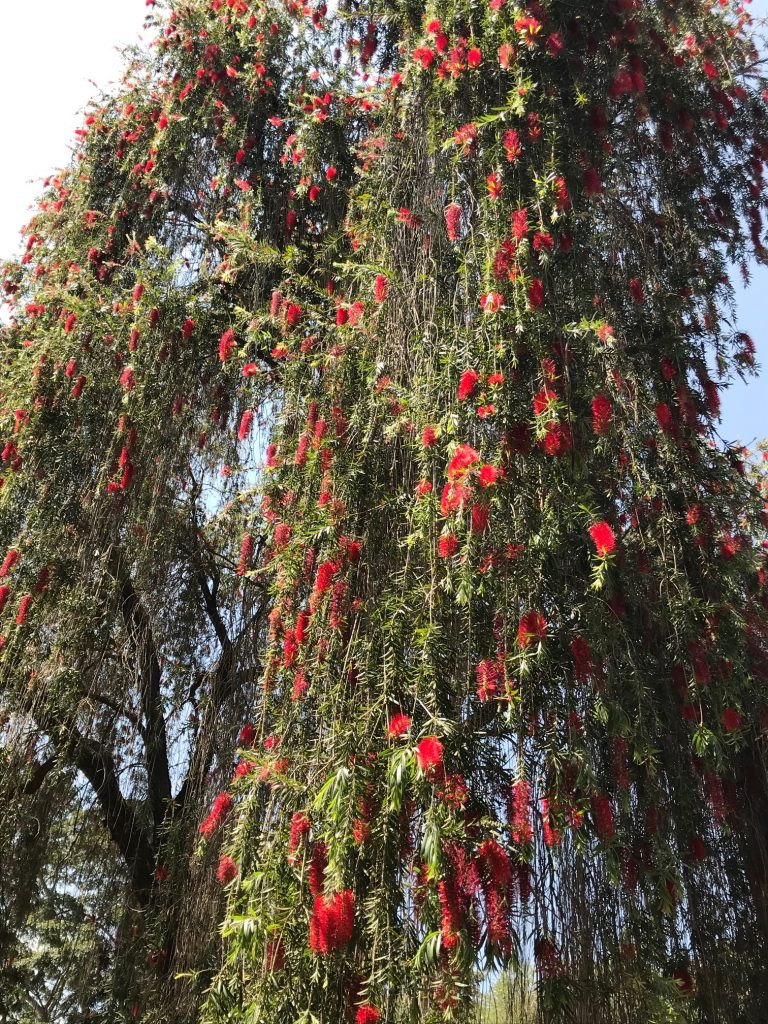On Friday, working from home, I spent a good part of the day responding to SIKT, The Norwegian Agency for Shared Services in Education and Research, which is the vetting authority to review research projects to make sure they align with the ethical standards in Norway. I had submitted my project for review when I was in Norway and received a prompt response with how to revise my submission criteria but also a requirement that I submit the questions for the anonymous paper surveys I will use.
If you are a researcher, you may wonder: “Why do I need to get approval for the collection of anonymous data?” First, I will use informed consent forms with names and signatures, which needs SIKT’s approval of the form. There is a lot of information on the form that needs to be clarified with research participants, and reading the form may take longer than actually completing the draft survey! Second, some academic publishers need to have their litigious butts covered, and they need to know that all information from research participants was collected with informed consent. However, the consent forms need to be anonymous by Norwegian research standards. So, on a previous project, I actually presented copies of the consent forms with blackened out names to the publisher! However, I demonstrated to the publisher that I’ve met the ethical requirements, so they won’t be sued by any research participant. So, for the sake of publishing, I’m being very thorough on the front end, because it will be impossible to fix at the end.
The main problem for me is that SIKT wanted the survey questions. I originally submitted a statement that I can’t submit the questions now, because they are dependent upon the lessons that will be collaboratively developed with Maasai pedagogy partners according to core values and learning outcomes developed by Maasai stakeholders. It can’t be a participatory project if I do all this development by myself (which would be much easier, but I’m not Maasai)! Yes, they want the cart before the horse.
So, I developed a DRAFT survey that demonstrated sample content of what the survey could be like, based heavily upon a UNESCO developed document for secondary schools in East Africa, “Climate Change Mitigation and Adaptation: Simple Guide to Schools in Africa” (2019). The draft survey of 20 total questions also includes some biblical content from Genesis 1 and 2 (multiple choice) and a Likert Scale section to get responses about current “affective” (feelings) on related content. Part of the lessons will include the issue of climate anxiety (“I am very worried about the future because of the problems resulting from climate change.”) and the hope we have as people of faith in Christ “that I can made a difference, empowered by the Holy Spirit to participate in God’s renewal and re-creation of the world.”
So, we’ll see if I satisfy the Norwegians/SIKT. Yet, you may wonder, why don’t I just want for approval from SIKT until the survey is collaboratively developed?
The hope is that I can secure approval from SIKT, because I also have to get authorization from the Tanzanian research authorities, COSTECH, which also is in process. It would be helpful to say that the ethical review has been endorsed by both the European Commission (through the ethics section of the grant proposal review) and the Norwegian research authorities.
So, if you are wondering what I’m doing these days, this research approval journey is part of it.
At the end of the workday, I typically take a walk around campus before the sun goes down. Here’s a lovely view of a bottlebrush tree on campus in full bloom!


Mungu akubariki? (God bless you!)
Ahhh. Red tape, the drudgery..
I enjoy bottle brush trees. We have them here too